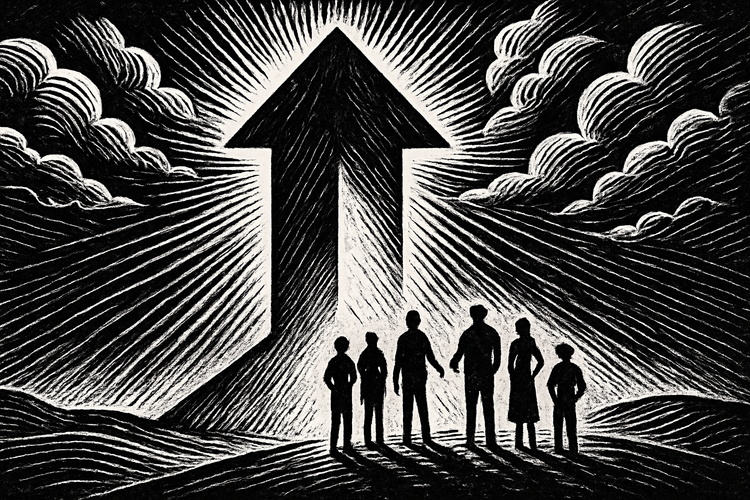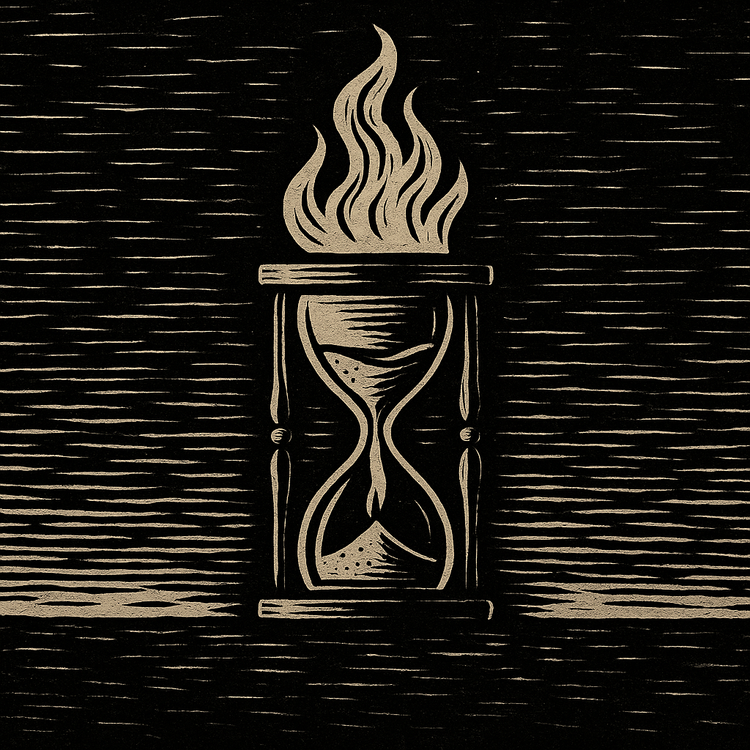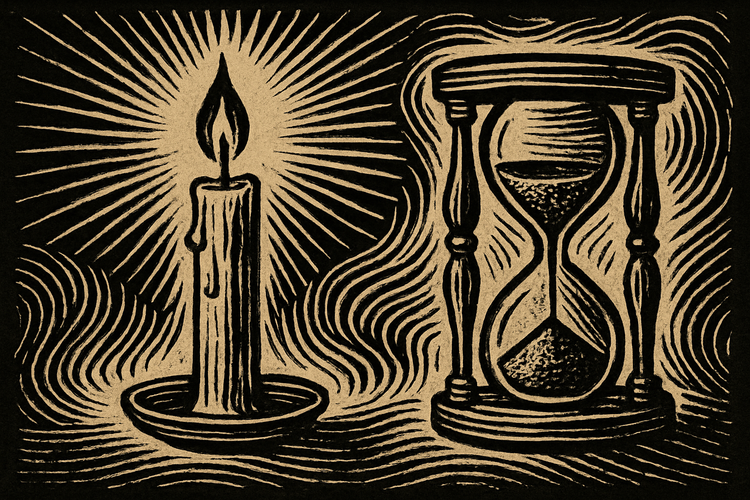The Good Place S1E11 - "What's My Motivation"

Spoiler Warning: This reflection contains full spoilers for The Good Place, including retrospective insights and thematic allusions. It assumes familiarity with the entire series and is written from the perspective of a rewatch.
Eleanor is trying. She’s being thoughtful, helpful, generous—even kind. But in this neighborhood, effort alone isn’t enough. The celestial bureaucracy demands more than good behavior—it demands pure behavior, driven by pure motivation. And when Eleanor’s point total stubbornly refuses to rise, despite her best attempts, it becomes clear: the system doesn’t just care what you do. It cares why. This is the episode where morality becomes fully transactional—where every act is filtered through a bureaucratic litmus test of intention. And for Eleanor, who only started doing good to avoid eternal damnation, the verdict is clear: it doesn’t count.
It’s an impossible standard, of course. No one lives outside their own desires. Every act of kindness contains some trace of self-interest—hope for approval, relief from guilt, the pleasure of being seen as good. Eleanor’s mistake isn’t that she’s selfish. It’s that she tries to game a system that’s already rigged. In the real world, we grow by doing, by failing, by trying again. But here, even her best efforts are dismissed as morally invalid, simply because they were motivated by survival. The neighborhood doesn’t reward progress. It punishes imperfection.
This is where the show reveals the cracks in its own moral accounting. Eleanor, confronted with the news that her efforts are nullified by selfish motives, makes the most selfless choice of all: she volunteers to leave. Not to earn points, not to manipulate the system, but to make things right—for the people she’s come to care about, and for the harm she believes she’s caused. It’s a sincere moral act, rooted not in self-preservation but in remorse and love. And in that moment, the system defeats itself. If motives are what matter, then Eleanor’s choice should redeem her. But Michael’s framework is too brittle, too circular. Because she’s already been marked as corrupt, even her genuine sacrifice is rendered suspect. She has, paradoxically, done something so good that it should break the rules—and yet the rules insist it doesn’t count. The more she grows, the more the system punishes her for ever needing to grow at all.
And so they run. With nowhere left to turn, Eleanor, Jason, and Janet hijack the train and head for the one place outside the system’s binary logic: the Medium Place. It’s meant to be a holding pen for moral mediocrity, a cosmic compromise—but here, it becomes something else entirely. A refuge. A rebellion. The moment marks a quiet turning point in the series. For the first time, the humans aren’t just reacting to their environment. They’re rejecting it. And crucially, the system has no response. There’s no point total for fleeing to the Medium Place, no moral valuation assigned. It’s an act the game can’t process—evidence that the game was never built for freedom in the first place.
But what exactly are they rejecting? Is this still part of Michael’s design—another layer of torture disguised as escape? Or has the system truly started to slip beyond his control? The arrival of “Sean the Judge” seems, at first, to signal a reckoning. But on rewatch, we know better. Sean isn’t a neutral arbiter—he’s Michael’s boss, a higher-ranking demon, summoned to restore order when the experiment veers too far off course. His presence isn’t justice. It’s escalation. Which means even now, the rules are being twisted. Eleanor isn’t just failing a test. She’s trapped in a system designed to ensure failure, no matter how earnestly she tries. And her choice to flee—to opt out—isn’t cowardice. It’s clarity.
This is the moment the system begins to break—not because it’s being cheated, but because it was never built to accommodate change. Michael’s experiment isn’t a path to redemption. It’s a loop designed to churn endlessly, trapping people in the worst versions of themselves. Growth was never part of the plan. The humans weren’t meant to improve; they were meant to suffer, to flail, to fail in ways that confirmed their unworthiness. But Eleanor’s transformation exposes the lie at the heart of it all. If goodness is possible, if change is real, then the system has already failed. Not her.



Comments ()